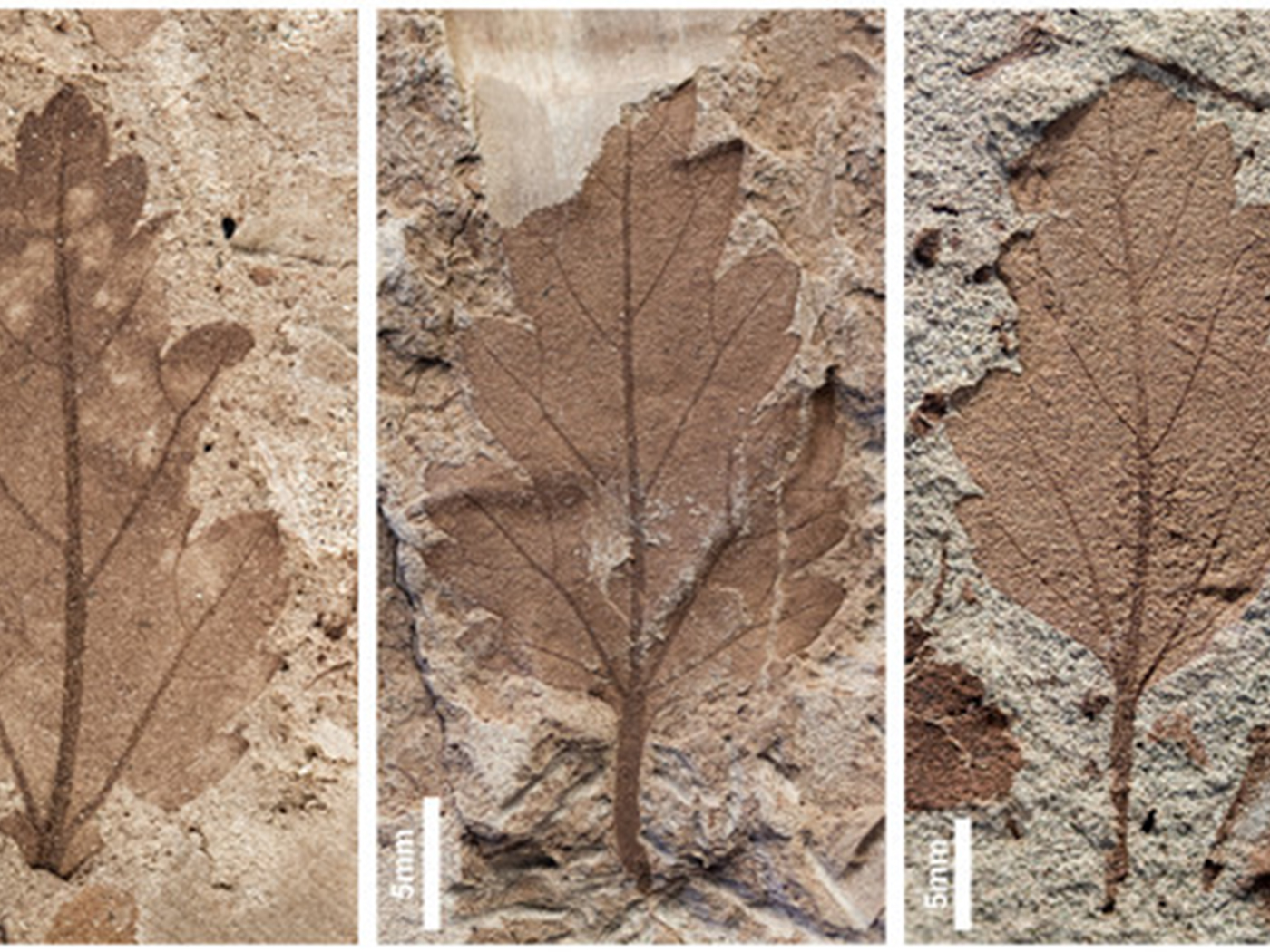Is there more importance to our humble lawns than we intuitively would have guessed? In fact, regardless of the societal importance of manicured lawn-care, under coronavirus reaction mandates, the Scriptures remind us of God’s providential plan and purposes for grasses.2
Each blade of grass is a soil-rooted witness, giving evidentiary proof of God’s Creatorship. Furthermore, each blade of grass is a growing doxology, directing us to worship the Lord.2
And grasses don’t just facilitate above-ground photosynthesis. The root systems of grasses, unseen by humans, busily perform many valuable functions, such as processing nitrogen compounds in ways that facilitate protein synthesis (e.g., in legumes), mineral recycling, the hydrologic cycle, and abatement of soil erosion.
Grasses work hard, all over the world, honoring God by their very existence and operations—regardless of whether any humans “have eyes to see” it or not, a theological principle Christ taught in Matthew 13:9-16.
Mike Matthews once observed the following truth about grasses, calling them “green factories.”
These [grasses] are God’s creation. They perform a fundamental biological process—photosynthesis—that still astounds scientists. The thousands of chemical equations [that describe the grass-housed photosynthesis process] would fill a wall. Yet every day, these green factories churn out the sustenance of life. They remind me that a lowly sinner like me can glorify my Maker and Life-giver, who gave His life for me.3
Accordingly, when appreciating the “essential” value of grasses, it is not enough to just learn the scholarly science data, such as whether this or that plant uses the C3 version or the C4 version of carbon dioxide-to-carbohydrate photosynthesis, or the biochemical mechanisms that power the plant photosynthesis pathways.4
Even so, it is very much worth learning how the ecological and agricultural details exhibit how God uses growing yet ephemeral grasses,4 which are here today and gone tomorrow5 to feed both mankind and many animals. As Psalm 104:14 puts it,
He causes the grass to grow for the cattle, and herbs for the service of man: that He may bring forth food out of the earth.
If we, as creatures who owe God glory and gratitude, fail to learn the lesson that His living creation provides, then have failed to be true creation scientists at the personal level.3,6
In fact, the ultimate purpose for learning about grasses is to glorify God and enjoy Him forever, as the Westminster Confession reminds us.6 So why, nowadays, is there no emphasis on the doxological (God-glorifying) aspect of grasses?
The Almighty God is so glorious that He effortlessly tosses priceless gems into every nook and cranny of our lives. Everywhere we look, even lowly blades of grass, the Lord gives us reminders of His grace and majesty.7
Yes, we see countless doxologies of God’s providential care and splendor every day, if we “have eyes to see” it—even in grasses.7
And yet, that doesn’t mean we should shirk or flee from the scholarly side of creation studies; rather, we should more so harness such observations for God!
In fact, the Lord Himself emphatically encouraged the study of wildflowers and field-grasses, according to Matthew 6:28-30 and Luke 12:27-28, as ICR has indicated in a previous study.8
So, if we are daily obedient to those Scriptures, we will daily recognize that “simple” blades of grass—plus their underground root systems—are Earth-rooted doxologies, pointing both our minds and our hearts heavenward to our glorious Creator.
References
1. E.g., Amended Order Of County Judge Clay Jenkins (“Safer At Home Order”), issued April 16, 2020 (Hon. Clay Jenkins, Dallas County, Texas), categorizing landscaping services as “essential business” activities, including within the category “Critical Trades” the specific business of “lawn cares services” (quoting Judge Jenkins’ Amended Order, page 5, at section 2(b)(x)). Landscaping business, a/k/a “lawn care service” is deemed an essential activity, needed to prevent safety and sanitation problems from rats, snakes, and other pests, which can proliferate if landscaping is neglected.
2. God made grass on Day 4 of creation week: “And God said, Let the earth bring forth grass, the herb yielding seed, and the fruit tree yielding fruit after his kind, whose seed is in itself, upon the earth: and it was so. And the earth brought forth grass, and herb yielding seed after his kind, and the tree yielding fruit, whose seed was in itself, after his kind: and God saw that it was good” (Genesis 1:11-12).
3. Matthews, M. 2016. Green Factories. Answers Magazine. 11(4): 86.
4. Johnson, J. J. S. 2017. Dung Beetles: Promoters of Prairie Preservation. Acts & Facts. 46(1): 21. Previously ICR-SOBA presented an ACSI lecture series at ICR’s Dallas campus called “Grassland Habitats: God’s Providence in Plain View—Living in Prairies and Pampas, Steppes and Savannas (Grasses, Grazers, Grazer-Grabbers, and Grasshoppers).” The opportunities for learning about bioengineering details that God has admirably designed, programmed, installed, and maintains – in the various grasslands of the world –are as plentiful as the blades of grass in your lawn.
5. Isaiah 40:7-8.
6. See also 1 Corinthians 10:31 and John 10:10.
7. Matthews, M. 2016. ‘Devotional’ Isn’t a Trite Word. Answers Magazine. 11(4): 10.
8. See Tomkins, J. P. and J. J. S. Johnson. 2020. The Gospels Affirm the Dominion Mandate for Research. Acts & Facts. 49(2): 10. Specifically, Matthew reports Christ using an imperative verb that means to intensely learn, to thoroughly study (κ α τ α μ α θ ε τ ε), to carefully observe (what empirical scientists call “research”). Matthew’s verb is related to the Greek noun translated “disciple.” So our study of wildflowers and field-grasses should involve a disciple’s due diligence. But there’s more! Luke complements Matthew, reporting that Christ also used an imperative verb meaning to intensely mind, to thoroughly think through (κ α τ α ν ο η σ α τ ε), to carefully understand (analyze). In short, Christ’s exhortations—preserved in Scripture by Matthew and Luke—obligate us to practice detailed research and analysis, so that we can reverently and admiringly appreciate God’s providence for the supposedly “simple” wildflowers and field-grasses.
*Dr. Johnson is Associate Professor of Apologetics and Chief Academic Officer at the Institute for Creation Research.

























